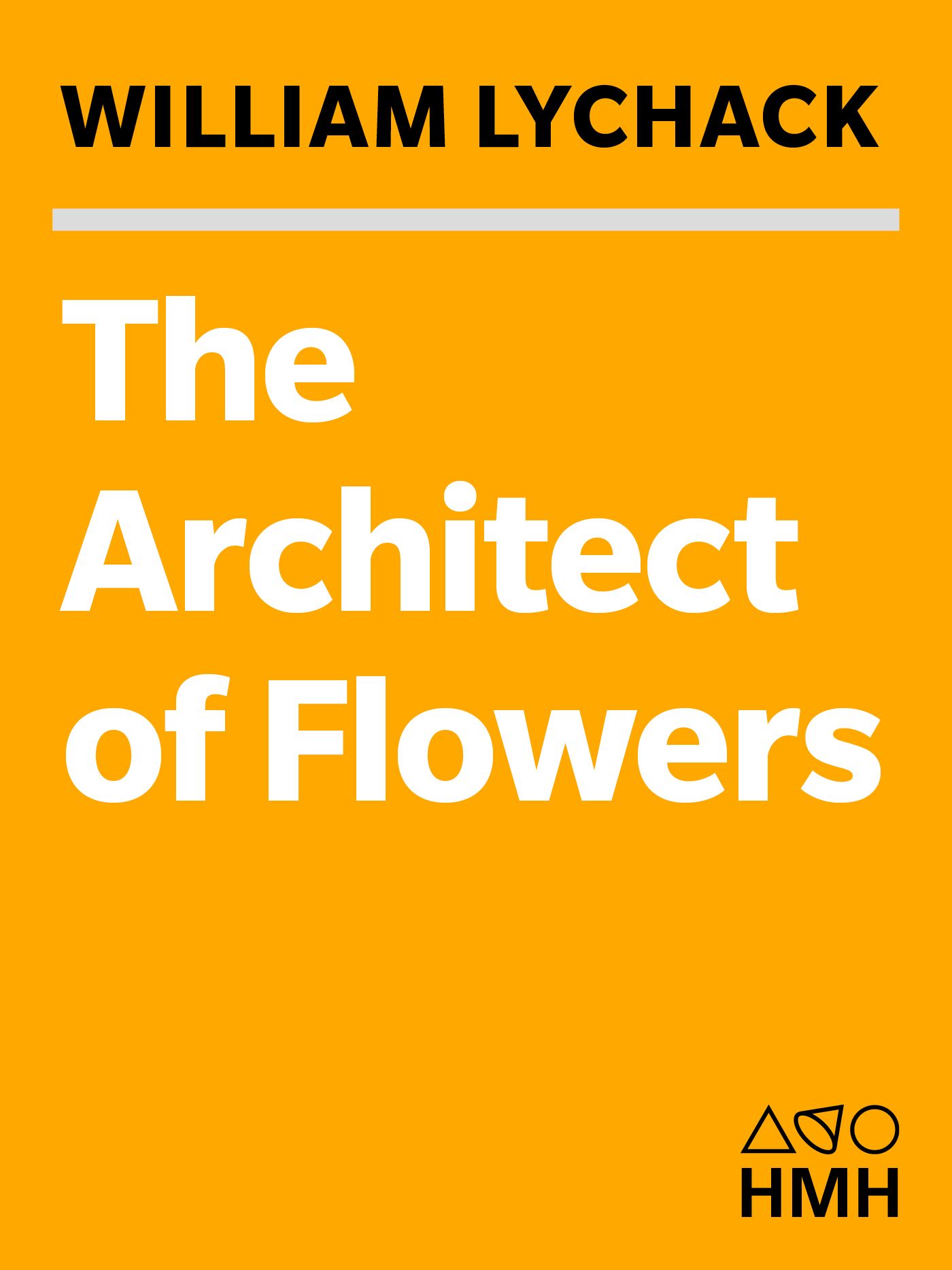
The Architect of Flowers
- اطلاعات
- نقد و بررسی
- دیدگاه کاربران
نقد و بررسی

December 6, 2010
Lychack's collection is a mixed bag of love and melancholy that too often buckles under the weight of nostalgia. In "Chickens," one of the collection's gems, a pregnant woman's whim to raise chickens plays out unexpectedly after all the chicks but one turn out to be roosters. In "A Stand of Fables," Lychak offers a cute story of a woman from the sea who rewards a luckless fisherman for throwing her back with a bounty of "tiny silver fishes" that spill from his boat to the sand of the beach "with the tinkling sounds of bright silver coins." But with such a slim and unvaried volume, the clunkers really stand out, marked by a monotonous self-consciousness that sometimes comes across, as in "Thin End of the Wedge," like a therapy session monologue. The reader gets the impression Lychack (The Wasp Eater) is still mastering his craft; when he's not overthinking or micromanaging his fiction, he really hits.

January 1, 2011
Bleak but sometimes funny tales show Lychack's (The Wasp Eater, 2004) knack for ellipses, pushing readers to fill in deliberate narrative and stylistic omissions.
The book opens with "Stolpestad," perhaps the most brutal story in a collection that doesn't shy away from desolation. Other pieces cover an impressive range of emotional and imaginative territory: A woman buys chicks in the hope of raising chickens and getting fresh eggs only to find herself engaged in a perverse struggle with a mostly male brood and her skeptical husband; a couple's quest for help butchering the deer they strike with their car reveals their own emotional wounds. Narratives combine to illuminate a rural, small-town world where women phone the American Legion or Elks halls to call drunk husbands home, and where damaged characters gaze on one another with wantonness, judgment and need. The moods are many and varied: There's the sad reverie of an old woman visiting family following the death of her husband; the melancholy prophecy of a plant hybridizer's wife anticipating his death; and a fabulist triptych, about a beloved teacher who comes from the sea, that touches on themes of loss, transformation and transcendence.
The disciplined storytelling and barbed wit strike a fine balance.
(COPYRIGHT (2011) KIRKUS REVIEWS/NIELSEN BUSINESS MEDIA, INC. ALL RIGHTS RESERVED.)

February 1, 2011
Lychack (The Wasp Eater) offers a rich and involving collection of stories set in a shadowy world of vague location where characters seem to float along on memories and images. The title story features a man called "the hybridizer" who works with plants. Time moves slowly, and though the setting seems to be somewhere in the modern world, strange things keep happening. The hybridizer may be dying, or possibly the wife, who seems to live in a dream, just made up his condition as an excuse to get their son to come visit. In "The Old Woman and Her Thief," a woman on her deathbed confesses something about the crow that she and her husband had rescued; as she recovers, her husband's health begins to fail, as both recall their life together in a kind of fairy-tale world. Another story concerns a beautiful young woman who teaches school in a town near the sea, into which she mysteriously vanishes. VERDICT Skillfully written and absorbing, these stories frequently defy description and rarely proceed smoothly from point A to point B. The author is interested in creating a mood rather than in painting an objective portrait, and his oblique, whimsical approach is generally quite successful. Recommended for larger collections.--Jim Coan, SUNY Coll. at Oneonta
Copyright 2011 Library Journal, LLC Used with permission.




دیدگاه کاربران